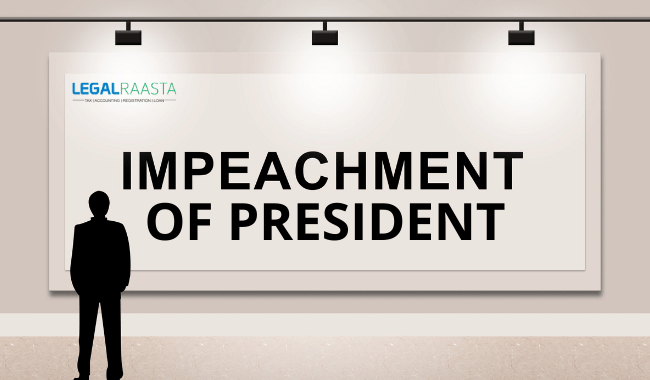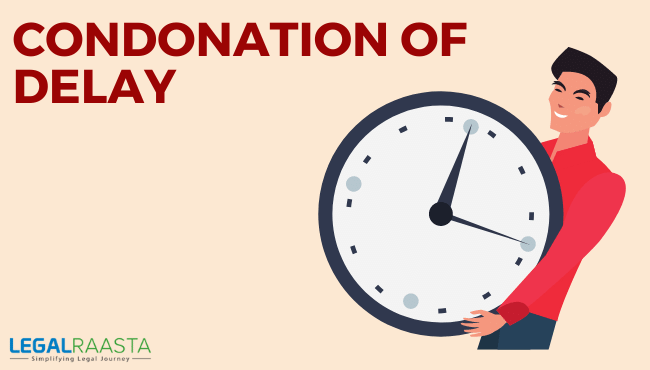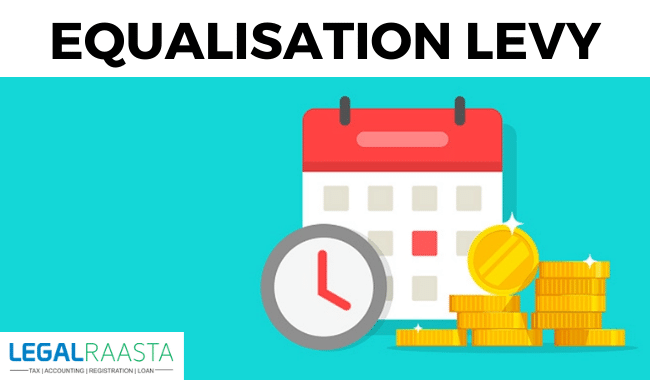Best Practices To Acquire Legal Metrology Certificate For Household Items
In today's highly regulated marketplace, adhering to standards and regulations is crucial for maintaining consumer trust and ensuring product safety. One such regulation is the Legal Metrology (Packaged Commodities) Rules, which necessitates obtaining an LMPC Certificate for various household items. This blog delves into the LMPC guidelines for household items, the importance of the Legal Metrology Certificate, and the steps involved in Legal Metrology Registration.
Understanding LMPC and Its Importance:
The application of legal requirements to measurements and gadgets for measuring is known as Legal Metrology. It ensures accuracy, fairness, and transparency in trade and commerce. The Legal Metrology (Packaged Commodities) Rules, often abbreviated as LMPC, specifically govern the packaging and labelling of commodities, ensuring consumers receive accurate information about the products they purchase.
The LMPC Certificate is a mandatory certification for manufacturers, importers, and packers of pre-packaged commodities. This certificate ensures that household items are correctly labelled with essential information such as weight, price, manufacturer details, and more. Compliance with LMPC guidelines not only protects consumers from misleading information but also enhances the credibility and marketability of the products.
Key LMPC Guidelines for Household Items:
- Accurate Labelling:
- Every package must bear a label clearly stating the identity of the commodity, net quantity, month and year of manufacture, and the retail sale price (MRP).
- The label must also include the name and address of the manufacturer, packer, or importer, along with customer care contact details.
- Standard Units of Measurement:
- The net quantity of the commodity must be declared in standard units of weight, measure, or number as per the Legal Metrology Act, 2009.
- Dual declarations (metric and non-metric units) are permissible, but the metric units must be prominently displayed.
- Font Size and Clarity:
- The information on the label must be in a legible font size and easily readable by consumers.
- The font size of the net quantity declaration must be proportional to the size of the principal display panel.
- Packaged Date and Expiry Date:
- The month and year of manufacture or pre-packaging must be mentioned.
- For perishable items, the expiry date or best-before date must also be included.
- MRP Declaration:
- The Maximum Retail Price (MRP) inclusive of all taxes must be declared. No additional charges should be imposed beyond the MRP.
- If the product is part of a promotional offer, the original MRP must still be displayed alongside the discounted price.
Steps to Obtain the LMPC Certificate
- Legal Metrology Registration:
- The first step towards obtaining a Legal Metrology Certificate for Importers is to register under the Legal Metrology Act, 2009. This registration is essential for all manufacturers, importers, and packers dealing with pre-packaged commodities.
- Application Submission:
- An application must be submitted to the Director of Legal Metrology or the Controller of Legal Metrology of the respective state.
- The application should include details about the applicant, the type of commodity, manufacturing facilities, and a sample of the proposed label.
- Document Verification:
- The application must be accompanied by necessary documents such as proof of business registration, identity and address proof of the applicant, and details of the manufacturing or packing unit.
- The authorities will verify the documents and may conduct an inspection of the premises if required.
- Label Approval:
- The proposed label must comply with the LMPC Certification guidelines. The authorities will review the label to ensure all mandatory declarations are included and accurately presented.
- Any discrepancies or omissions must be rectified before proceeding further.
- Issuance of LMPC Certificate:
- Upon successful verification and approval, the Legal Metrology Certificate will be issued to the applicant.
- This certificate must be renewed periodically, and any changes in the label or packaging must be reported to the authorities.
Legal Metrology Registration for Importers:
Importers of household items also need to comply with the LMPC Registration guidelines. In addition to the general requirements, importers must ensure the following:
- Importer Details:
- The importer's address as well as name have to be included on the label.
- The importer must have a valid import-export code (IEC) and be registered under the Legal Metrology Act, 2009.
- Country of Origin:
- The label must clearly state the country of origin of the commodity.
- This information is crucial for transparency and helps consumers make informed choices.
- Compliance with Indian Standards:
- Imported commodities must comply with Indian standards and regulations.
- Any deviations or non-compliance can lead to rejection of the consignment or penalties.
Importance of Legal Metrology Certificate for Household Items:
- Consumer Protection:
- The LMPC Certificate ensures that household items are accurately labelled with essential information, protecting consumers from misleading claims and ensuring they get value for their money.
- Market Credibility:
- Products with an LMPC Certificate gain credibility in the market, enhancing consumer trust and brand reputation.
- Compliance with legal standards demonstrates a commitment to quality and transparency.
- Regulatory Compliance:
- Penalties, product recalls, and reputational harm to the brand may result from noncompliance.
- Non-compliance can lead to fines, product recalls, and damage to the brand's reputation.
- Fair Trade Practices:
- The Legal Metrology Certificate promotes fair trade practices by ensuring all products are measured and labelled accurately.
- This fosters a level playing field for businesses and enhances consumer confidence in the marketplace.
Challenges in Obtaining the LMPC Certificate:
- Complex Regulations:
- The LMPC guidelines involve intricate details and strict compliance requirements.
- Businesses need to stay updated with any changes in regulations to ensure ongoing compliance.
- Documentation and Verification:
- The application process requires thorough documentation and verification, which can be time-consuming and cumbersome.
- Ensuring all documents are in order and meeting the inspection criteria can be challenging.
- Label Design and Approval:
- Designing a label that meets all LMPC guidelines while being visually appealing can be a challenge.
- Any errors in the label can lead to delays in approval and additional costs for reprinting.
- Periodic Renewals:
- The Legal Metrology Certificate must be renewed periodically, requiring businesses to maintain continuous compliance.
- Any changes in packaging or labelling must be reported and approved, adding to the administrative burden.
Tips for Smooth Legal Metrology Registration:
- Understand the Guidelines:
- Thoroughly understand the LMPC guidelines and ensure your packaging and labelling meet all requirements.
- Consult with experts or legal advisors if needed to avoid any compliance issues.
- Prepare Accurate Documentation:
- Ensure all necessary documents are complete and accurate before submission.
- Double-check details to avoid any discrepancies that could delay the approval process.
- Design Compliant Labels:
- Work with professional designers who are familiar with LMPC guidelines to create compliant labels.
- Pay attention to font size, clarity, and the inclusion of all mandatory declarations.
- Stay Updated:
- Keep abreast of any changes in Legal Metrology regulations and update your processes accordingly.
- Regularly review your packaging and labelling to ensure ongoing compliance.
The Role of LMPC in Enhancing Consumer Trust:
Consumer trust is paramount in the marketplace, and the LMPC Certificate plays a crucial role in building and maintaining that trust. By ensuring accurate and transparent labelling, the LMPC guidelines empower consumers to make informed decisions about the products they purchase. This not only protects consumers from fraudulent practices but also promotes fair competition among businesses.
Conclusion:
The LMPC guidelines for household items are essential for ensuring compliance, consumer protection, and market credibility. Obtaining the Legal Metrology Certificate through proper Legal Metrology Registration is a critical step for manufacturers, importers, and packers of pre-packaged commodities. While the process may involve challenges, the benefits of compliance far outweigh the difficulties. By adhering to LMPC guidelines, businesses can enhance consumer trust, avoid legal penalties, and promote fair trade practices.
At LegalRaasta, we assist businesses in navigating the complexities of Legal Metrology Registration and obtaining the LMPC Certificate. Our team of experts provides comprehensive support to ensure your products meet all regulatory requirements and achieve market success. Contact us today to learn more about our services and how we can help you stay compliant with LMPC guidelines for household items.








